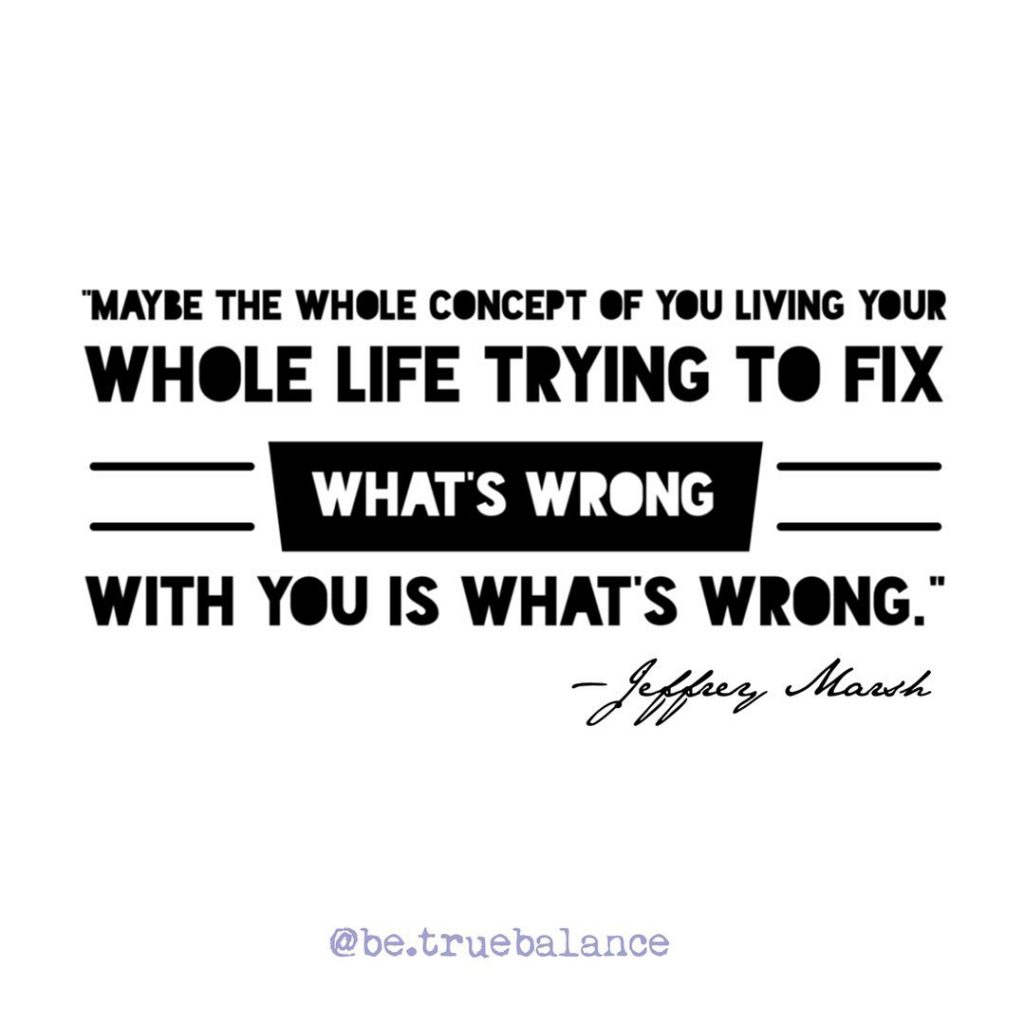You were born an intuitive eater. You don’t need to learn how, you need to unlearn diet culture so you can remember.
Often people turn Intuitive Eating into yet another diet, with rules that determine if you’re being good or bad. Intuitive Eating is a practice, not a destination. And it’s unfortunate that the Intuitive Eating framework is oversimplified as the “hunger/fullness diet” or the “what sounds good diet” when in reality it is all about nuanced body autonomy.
Because eaters confuse intuition with impulses or instincts, it can be hard to know how to listen and respond to YOUR body’s unique messages. It is my opinion that intuition involves not only the body but also the mind and spirit. Your intuition is a sacred relationship of ALL of You. This is not only something I personally practice but also something I coach my clients through and recently taught to our Body Peace Academy members… For you, dear reader, consider pondering and journaling about what intuition means to you and how it affects your food choices or eating habits.
- What do you do when you wake up hungry but can’t eat something because you just took some medication that needs to be taken on an empty stomach?
- What do you do when you want a Snickers bar but you’re allergic to peanuts?
- What do you do when it’s your birthday but you know if you eat cake you’ll feel sick?
- What do you do when you have no appetite at all and nothing sounds good?
If you have lived a life full of rigidity or restriction, eating intuitively will actually feel counterintuitive.
I can’t tell you how many times I’ve heard “Intuitive Eating doesn’t work for me” and I can’t help but ask what does “work” even mean? Are you afraid of gaining weight or overeating? Do you feel ungrounded by the “all foods fit” mentality? Is gentle nutrition triggering, confusing, and overwhelming? Get curious! Identify how your fears are limiting your ability to trust your Self. Then, get compassionate — give yourself permission to grieve and give yourself some grace. You’re doing better than you think.



